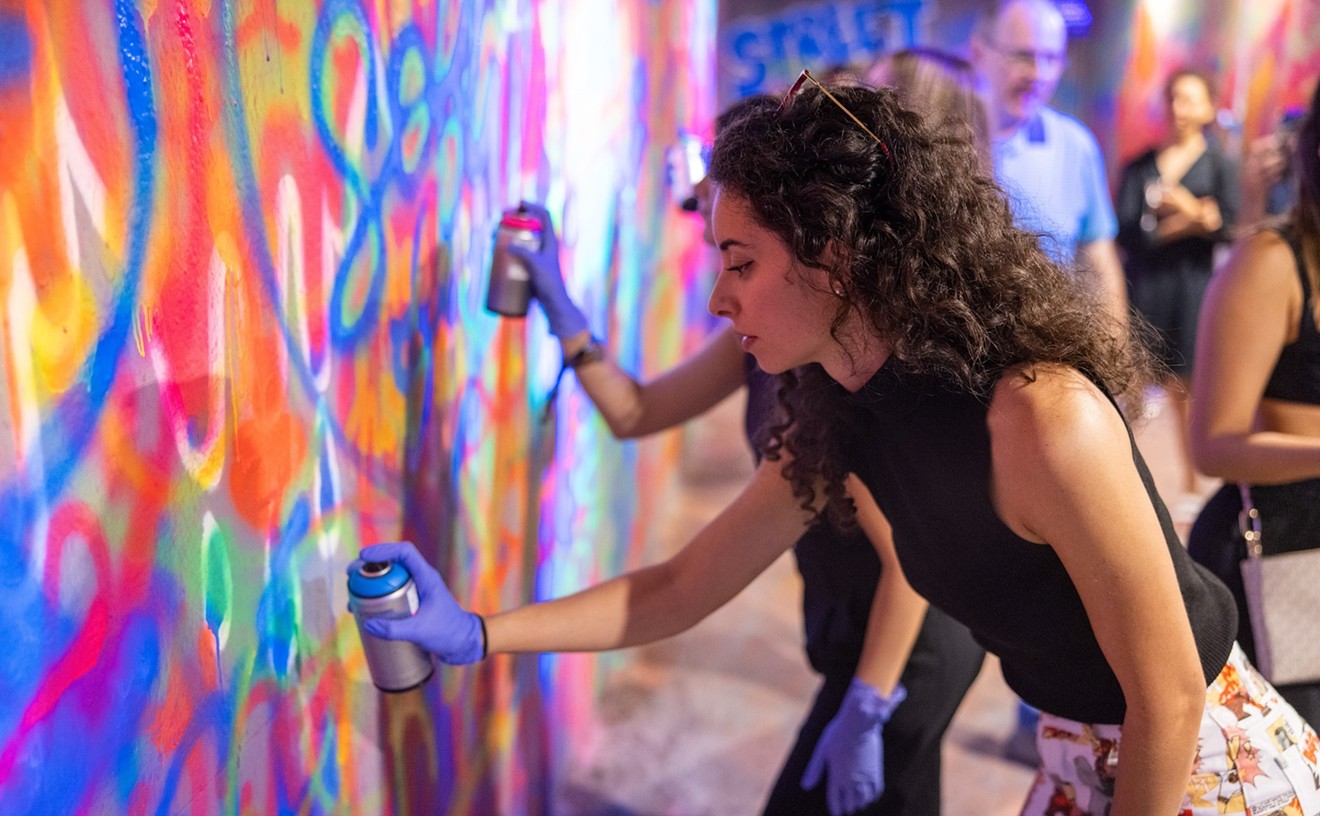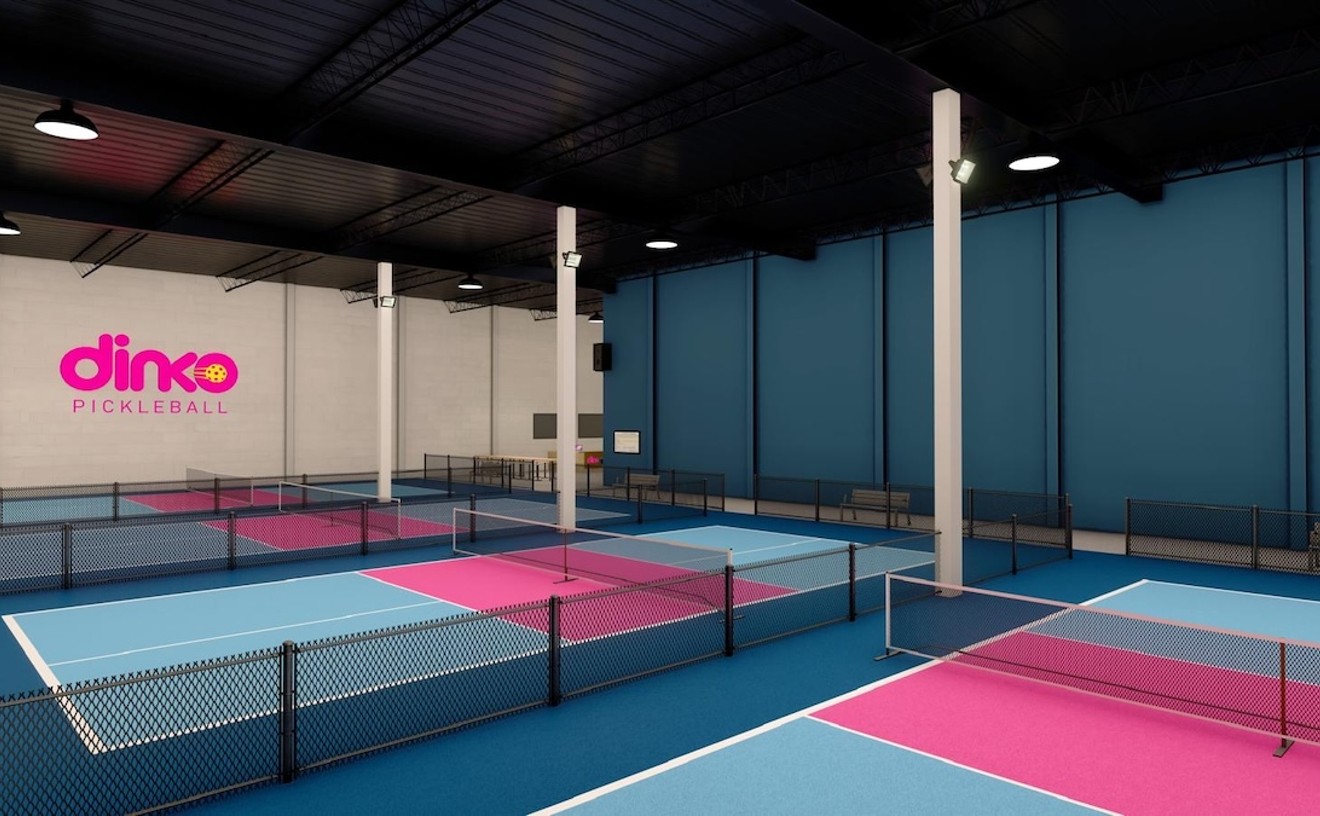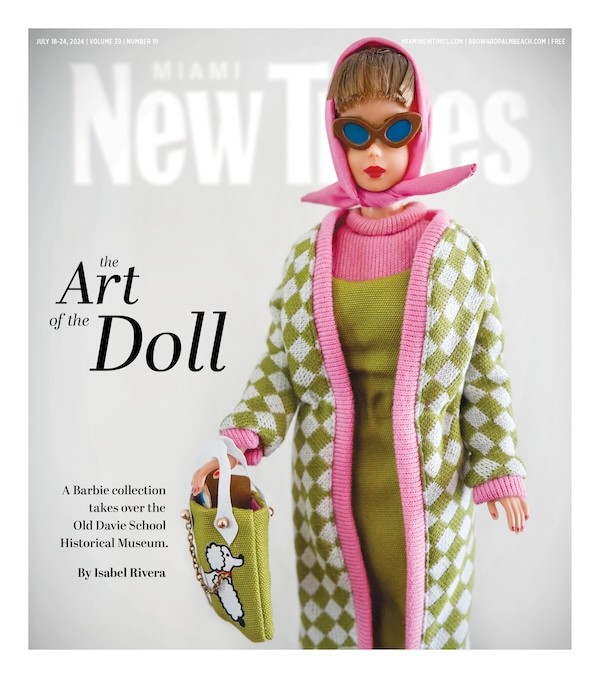"I’m interested in different systems of power and how people who are oppressed codify their oppression," says the artist. "How can someone continue to exist if the things that constitute their identity [are] not allowed? How can someone find a covert way to maintain an aspect of themselves in order to operate in the world?"
"Cristine's Secret Garden" takes inspiration from Brache's own experience as a Latina in the U.S. as well as the experiences of the women in her family. Using porcelain, Brache has handcrafted Oscar statues, clocks, rotary telephones, apples, eggs — cultural symbols meant to uncover the hidden realities of women whose full-fleshed experience is rarely shown. Rather than relying solely on narrative, Brache approaches these experiences through a triplet of shrines.
The shrines reveal the second level: practices, born of oppression, asserting the existence and presence of the marginalized. Pulling from the tradition of her grandmother and other
"There’s no god for weakness," she notes, "or for this whole other half of the human experience."
Brache enshrines experiences of vanity, of vulnerability and its avoidance, of exhaustion and depression. But her work isn't simply an exercise in exalting what's ignored or maligned. Like Santeria itself, Brache says, mechanisms are an outgrowth of suppression and adaptation — what women of color go through to impress their identities on a world that leaves little space for them.
"Validating someone’s existence, I think, is extremely important," says Brache. "To set a stage for it, or to shine a light on it. I feel like being validated is probably a very crucial human need, to have feelings validated, experiences validated, because it means that somebody sees you."
It's that crucial human need — the third layer of this world — that perhaps needs to be experienced directly. Found in the bed of exhaustion placed in the middle of the installation or among the windows and doors hung from the walls and ceilings, Brache's muses — the women themselves — are invoked by the space Brache creates. While the artist is hesitant to narrow the focus of her work to the women who inspired her, she's confident that the people of Miami will see themselves in the piece.
"Just in talking to people — locals — they just automatically can connect a lot to what I’m saying," Brache reflects. "I definitely set it up so that it’s a narrative or a set of coordinates that are between feelings or between experiences. It’s up to the viewer to connect those dots on their own."
"Cristine's Secret Garden." Wednesday, February 13, through March 30 at Locust Projects, 3852 N. Miami Ave., Miami; 305-576-8570; locustprojects.org. Admission is free.












